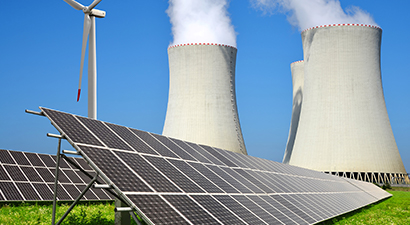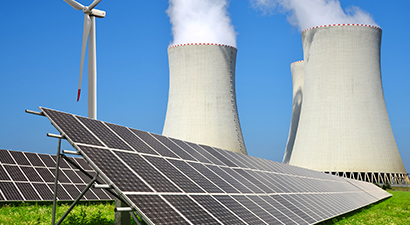Revised Carbon Tax Bill: Urges Closer to Implementation
On the 5th of February 2019 the Standing Committee on Finance (National Assembly) finalised the Carbon Tax Bill. The Bill was formally introduced in parliament last year November by the Minister of Finance. The Standing Committee made a few amendments to the version introduced in parliament before recommending it for adoption and, on the 19th of February 2019 the National Assembly adopted the Bill and sent it to the National Council of Provinces for final approval.
During this year’s budget speech, the Minister of Finance confirmed that the Carbon Tax Bill will come into effect on 1 June 2019. He also announced that carbon tax levy on fuel will be levied at 9c/litre on petrol and 10 c/litre on diesel effective from 5 June 2019. This will mark the commencement of the first phase of the Bill, which will continue up until 31 December 2022. The second phase will commence thereafter which will start in 2023 and end in 2030. These phases have been aligned with South Africa’s National Determined Contributions targets to reduce greenhouse gas emissions, determined in accordance with the Paris Agreement.
In terms of the Bill any person that conducts an activity or activities in the Republic which results in greenhouse gas emissions (fuel combustion, industrial processes, and fugitive emissions) above the prescribed threshold will be liable to carbon tax. The carbon tax will be levied in accordance with emission factors established in terms of a reporting methodology approved by the Department of Environmental Affairs. Emission factors will be based on a taxpayer’s total sum of greenhouse gas emissions determined within a specified period, which will be expressed as carbon dioxide equivalents. In the event that an approved reporting methodology does not exist for purposes of determining emission factors resulting from fuel combustion, and industrial processes, and fugitive emissions, the Bill sets out formulas to determine the amount of carbon tax to be levied from a taxpayer.
The initial marginal carbon tax rate on a taxpayer’s greenhouse gas emission will be R120 per ton carbon dioxide equivalent. However, during the Bills implementation phase the carbon tax rate will range between R6 – R48 per ton carbon dioxide equivalent which is much lower than the initial rate. This implementation model will be complemented by tax incentives and revenue recycling measures to allow a smooth business transition with minimal economic impact. The Bill will create a 60 per cent basic tax-free allowance, a 10 per cent process and fugitive emissions allowance. Thus, during the implementation phases the total tax-free allowance could reach a high of up to 95 per cent.
By Ayanda Msimang, Candidate Attorney





